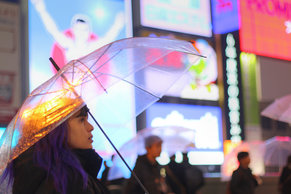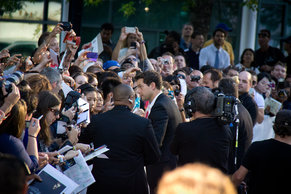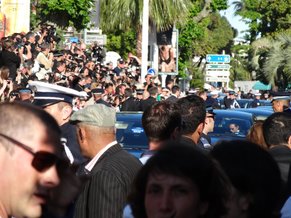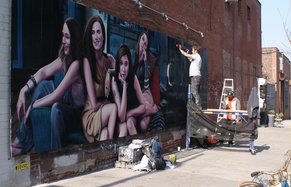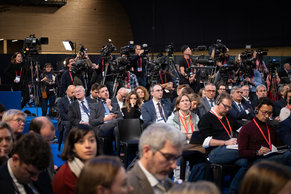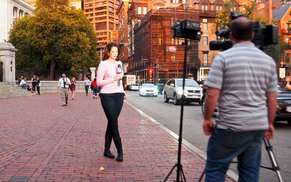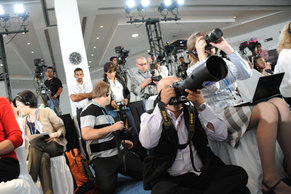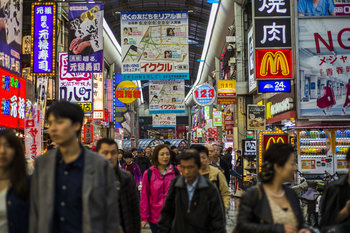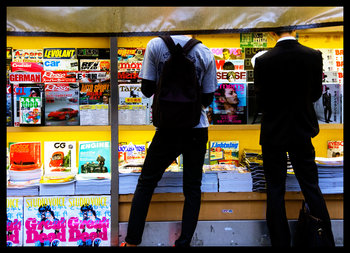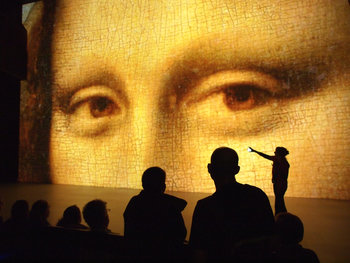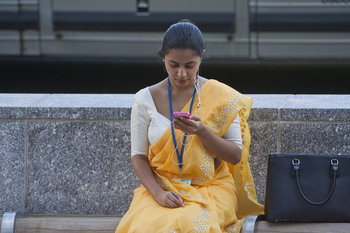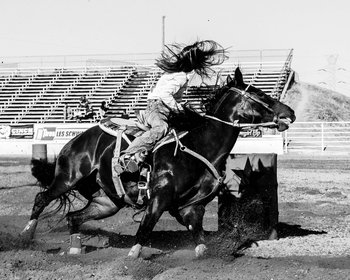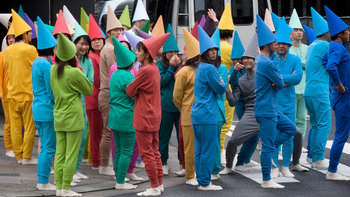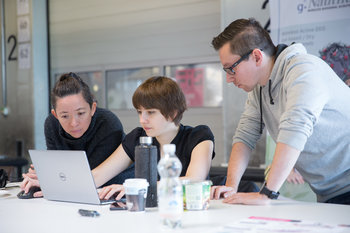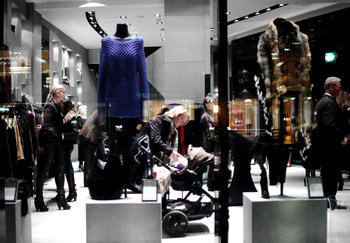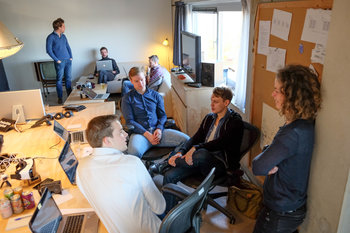
Groupthink
Groupthink is a social environment where people are afraid to say what they really think for fear of being socially persecuted. This is enforced with a system of bullying of any voices that appear to fall outside the safety of the dogma of the group.Self-Censorship
Media organizations and professionals that avoid issues and messages that are likely to cause them problems such as criticism.Gatekeeping
Gatekeeping is the process of filtering messages. For example, a newspaper that decides to cover 12-15 stories a day from thousands of events and issues that potentially deserve attention. This is a root media process that can suffer from biases.Empathy Bias
The overuse of emotional empathy to select and frame media content. For example, reporters who overreport the threats to endangered cute animals and underreport the threats to endangered animals that aren't perceived as cute, lovable or magestic.Ingroup Bias
Ingroup bias is a tendency to not to empathize with those with whom you do not identify. For example, media gatekeepers who overreport crimes where they identify with the victim(s) and underreport crimes against a perceived outgroup.Virtue Signaling
Selecting content based on whether or not it makes you look virtuous as opposed to its overall relevance and significance.Political Bias
Selecting content and framing messages to support a political party, ideology or issue.Mainstream Bias
A tendency for media organizations to embrace the mediocrity of covering the same stories as their competition as opposed to selecting other stories that deserve attention.Infotainment
A tendency for ostensibly informational media such as newspapers to cover stories that are popular amongst their audience as opposed to newsworthy. For example, a tendency for celebrity gossip to make the news.Dumbing Down
Oversimplifying complex issues to the point that your message is potentially misleading.False Balance
False balance is the practice of presenting contrasting opinions as equally valid when one is far more valid. For example, presenting a fringe theory as being equally valid to a well accepted scientific theory.View From Nowhere
An attempt to be objective that omits useful analysis that would make information more accurate and insightful. For example, quoting what a politician says without challenging assumptions or offering any analysis of the politician's track record or motives.Black & White Thinking
Black and white thinking is the practice of presenting things in strong opposition such as good vs bad while ignoring grey areas. For example, presenting a government policy as absolutely correct and opposition to the policy as absolutely wrong without examining the actual advantages and disadvantages of the policy.Weasel Words
Weasel words are dramatic statements that are completely meaningless because they aren't actually based on specific evidence. For example, representing your own opinion with phrases such as "scientists believe ....", "we now know ..." or "experts say."Cherry Picking
Presenting information that supports your opinion and omitting information that refutes your opinion. For example, a journalist who feels an accused is guilty so they omit a key fact that supports the innocence of the accused.Sensationalism
A tendency to chose dramatic stories and to cherry pick dramatic elements of each story with indifference to painting a realistic picture.Big Lie
A dramatic misrepresentation of the truth. These are often designed to be believable not by representing facts but by tapping into the fears and desires of the audience by saying things that people fear or things that people want to be true.Proof by Example
Using statistically insignificant examples to try to prove a point. For example, "a friend of mine almost died after eating an apple, therefore apples are bad."Misinformation Effect
The tendency for witnesses to an event to be greatly influenced by media coverage of it. This can create a downward spiral of misinformation whereby media bias corrupts the sources of information.Confirmation Bias
Seeking information that supports your initial assumptions or opinions as opposed to seeking objective information. For example, a media pundit who searches for studies that confirm their opinion about the health effect of a food as opposed to reviewing all major studies that may be applicable.State Control
A government, political party or politician that directly influences media coverage and framing. This can be by indirect means such as passing vague laws that imply that the media isn't free to question the government. This could have a chilling effect whereby the media self-censors.Censorship
Actual censorship where it is against the rules of a society, community or information environment to say something. This would only create media bias if you weren't allowed to say something that is arguably true.Ownership Structure
Owners of media who have some type of political agenda such that they hire political gatekeepers as opposed to objective talent.Structural Pluralism
Structural pluralism is the degree of ideological competition that is possible in a society. For example, a nation with biased news sources that are biased to different ideologies and political parties versus a society where they are all biased in the same way.Cronyism
A system of cronyism between powerful individuals and media gatekeepers. For example, politicians who are often wining and dining media representatives.Sidelining
Information sources such as government offices that threaten to cut off the flow of information to media representatives. This threat of sidelining can generate self-censorship.Elite Bias
A society where most influencers in the media belong to an elite such that they tend to reflect the viewpoint and priorities of that elite. For example, a nation where most influential journalists graduated from a handful of ivy league universities.Echo Chambers
An echo chamber is a social or information environment that is free of conflicting evidence and competing views. For example, journalists who align to an ideology who only have friends and sources that are compliant with this ideology.Filter Bubbles
Filter bubbles are technologies that allow you to create an echo chamber. For example, follow/unfollow in social media whereby you can follow people who confirm your opinion and unfollow those who present contrary evidence or views.Algorithm Bias
Algorithms commonly act as gatekeepers for media content on technology platforms such as social media. These could potentially be biased or create media biases such as self-censorship for fear of algorithms.Bias Blind Spot
An ability to see the biases of others without being able to see your own biases. For example, liberal and conservative media pundits that view the other side as completely biased without being able to see their own biases.| Overview: Media Bias | ||
Type | ||
Definition | Poor practices that cause media to be less than objective, realistic and fair in their depiction of the world. | |
Related Concepts | ||

